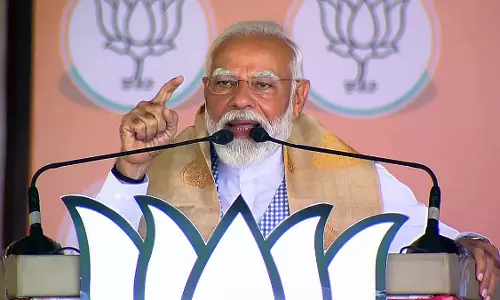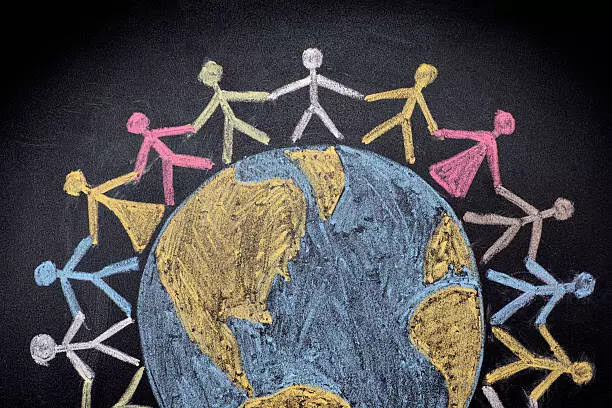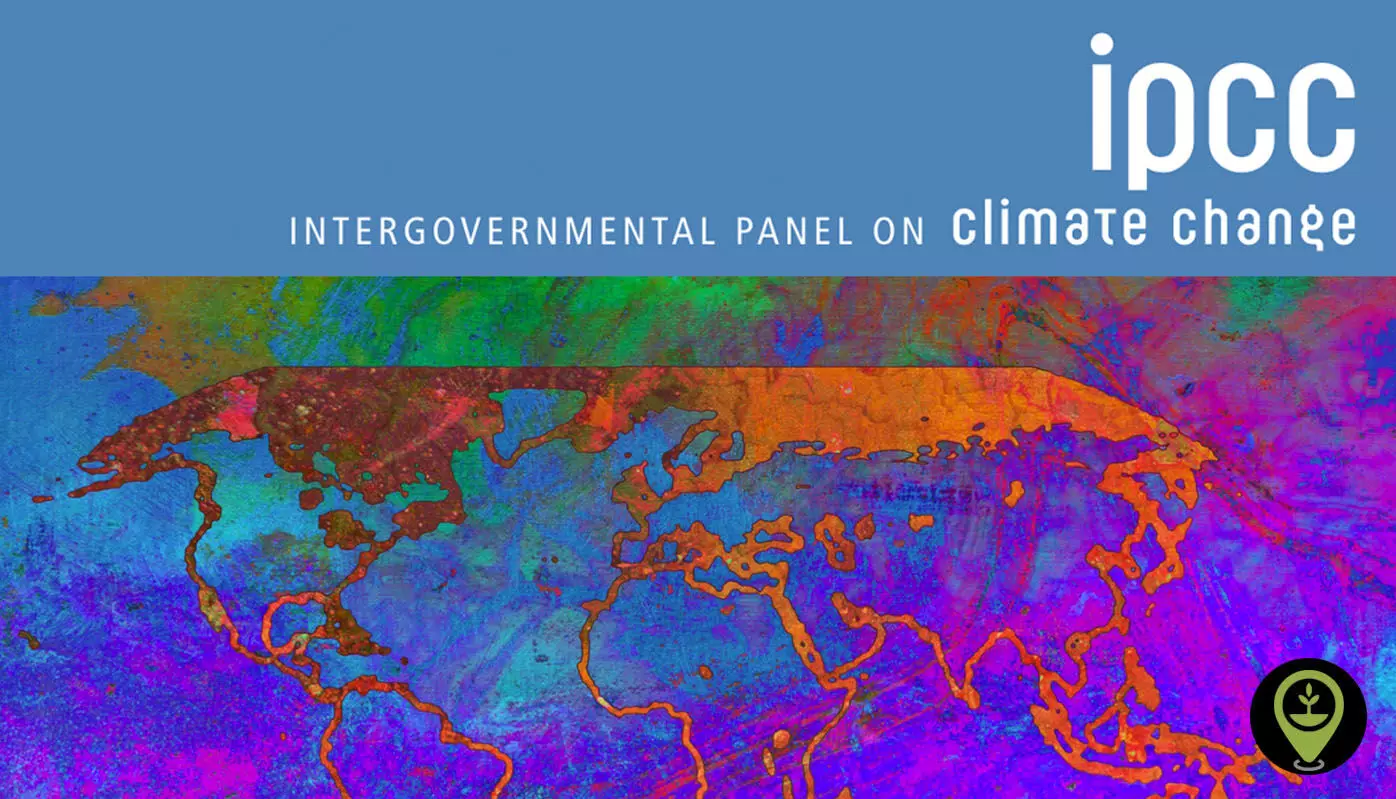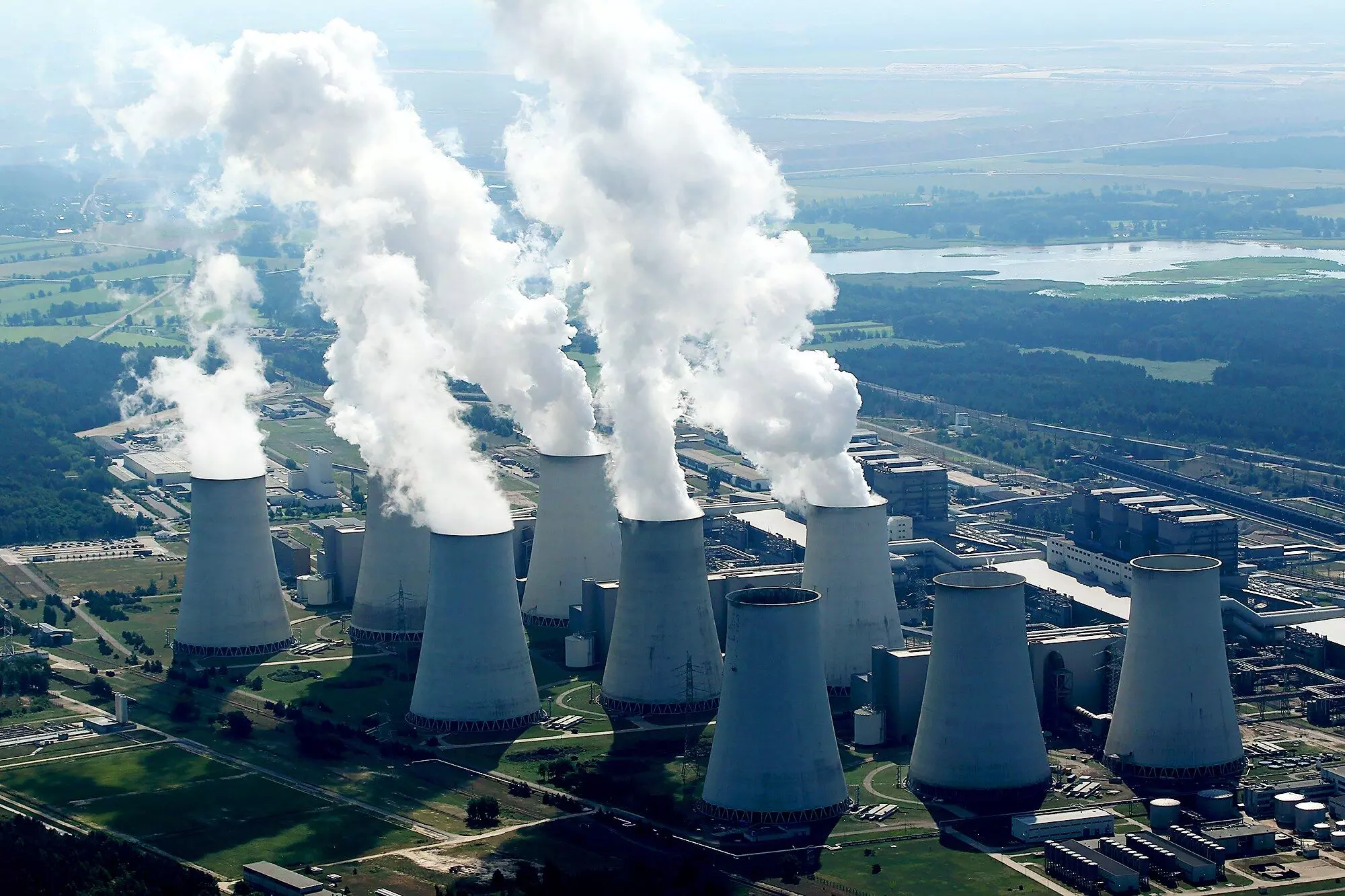
It takes global unity to heal the earth's illness
text_fieldsIt is alarmingly surprising that this year's Earth Day has been largely forgotten, although it cannot be inferred that devoting just a day to honour and celebrate the planet is sufficient. The celebration of Earth Day on April 22, which was forgotten by all except a few independent media and activists, revealed the profoundness of our indifference and neglect towards the earth. The climate change that the earth is facing should be one of the major issues that require the active attention of all communities and nations in the present day. It has turned out to be one of the biggest environmental challenges that are directly affecting all regions and everybody inhabiting the planet. The latest report of the Intergovernmental Panel on Climate Change (IPCC) highlights the gravity of this issue. It pinpoints the remedies that the global community needs to make with extreme vigilance. The report also said that the time for remedies has crossed the limit to an extent that many of them cannot be remedied soon. The extreme wildfire that ravaged Canada and the United States; and the catastrophic flood that battered South Africa in recent weeks have been alarmingly more intense than one has ever seen before.The earth's crisis, which is characterised by drought, natural disasters, water shortages, and food shortages, is now also creating a large number of climate refugees.
Despite all this, it is a sign of the masses not being seized of the seriousness of the problem that the Earth Day, the annual day of awareness and reminder to protect the planet has not been acknowledged as much as the International Fool's Day. At the Glasgow Summit, countries, including India, have embraced new possibilities and goals to tackle the climatic challenges. One of them is that by 2030, half of the total energy demand will be converted into non-polluting alternative energy. India has also signed a cooperation agreement regarding this with the British Prime Minister who visited the country a few days ago. It has to be noted that we are rapidly investing in non-fossil fuels. However, scientists opine that this is not enough to achieve the set targets. Although collective efforts have been made to reduce pollution in 2015, it is still estimated that industrialization will not be able to limit global warming by more than one and a half degrees Celsius. The current trend is towards a two-degree increase. This can lead to a serious crisis. Scientists warn that it should be maintained at an increase of one or one and a half degrees. We must abandon projects, including new coal fields, when our own sanitation goals are not sufficient. It requires strong political will.
In fact, as repeated many times, the climate crisis and the Covid-19 pandemic are reminding us that the global problems that the world is facing today must be tackled together - these are not issues that each nation can tackle alone. The time has come to include 'narrow nationalism' among the many bad habits that we should shed. Nationalism exacerbates the climate crisis in two ways. First, it causes the number and magnitude of conflicts to increase. The biggest causes of pollution are war and the arms industry. With good intentions and willpower, it can be easily abandoned. Unfortunately, there is a growing demand for more weapons, including in Ukraine. Second, problem-solving is possible only through the global community; but hyper-nationalism poses obstacles in front of it. The delay that the wealthy countries make to transfer even the limited amount of funds promised for climate relief to the poor countries is because they do not have a strong international mechanism to overcome nationalism. David Attenborough, winner of the UNEP's Champions of the Earth Lifetime Achievement Award, was right: "We must say goodbye to nationalism. We know the problems of climate change. We also know the solution. But they cannot be solved if the world does not work together. "



























